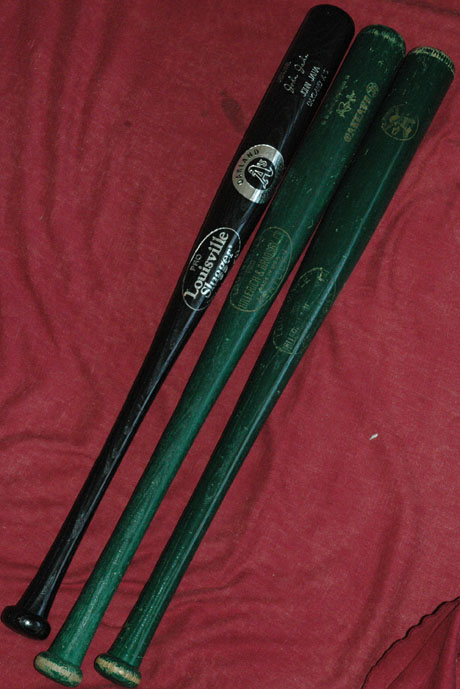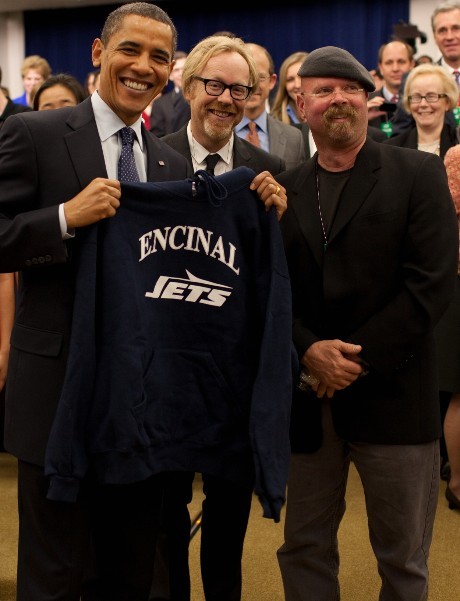Can you watch a sporting event dispassionately, without rooting for one side or another at all? I’ve tried, but I can’t do it. To some extent, I always end up picking sides. For me, it’s impossible to remain objective.
The curious thing is that I can’t help it. I don’t decide that I need to pick a team. I don’t go through some conscious, analytic process to choose a side. It just happens. Even if I try not to pick a side, I still pick a side. It’s subconscious, outside my willpower, and fully automatic.
Few of us choose our sports allegiances through some rational process. Does anyone believe that there exists some objectively “correct” team to root for? While one could probably invent some formula to calculate the “optimal” team to support, most of us would consider such a process silly and beside the point. The emotions, the pure irrationality of our fandom, is the whole point of the exercise.
On the other hand, philosophy feels different to us. We suspect that there exists, if not a single “correct” philosophy, a scale in which some philosophies are better than others. While we have no objections to letting our subconscious passions decide our rooting interests in sports, there’s a sense that when it comes to religion, politics or other types of philosophy, this same decision-making process is flawed.
And yet, can there be any doubt that for the vast, vast majority of people, the decision-making process for picking sides in both sports and philosophy is exactly the same? A large majority of us end up choosing the same religion as our parents, and the same political party. If we chose them by a purely objective process, you’d probably see a far weaker correlation between the people around us and the philosophies we choose.
Suppose we did want to choose a philosophy using some objective method. We’d need to avoid taking sides in advance, in order to avoid letting our prejudgments cloud our analysis. But when it came to sports, we found we usually can’t really help who we choose to root for. It just happens, subconsciously, automatically.
So here’s the big question: even if we want to avoid prematurely picking a philosophy to root for, can we? Is it humanly possible at all? We’ll explore that question next time.


